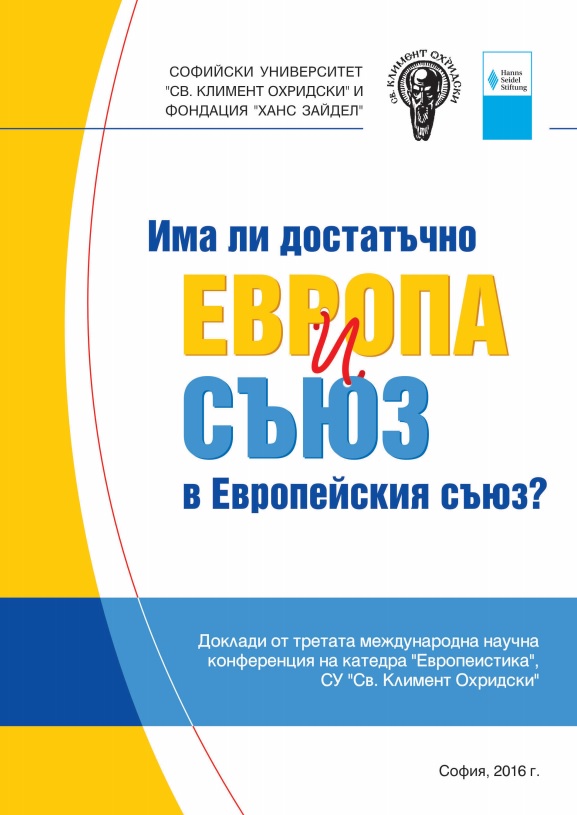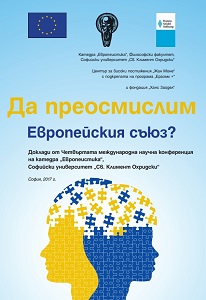
Eдин все по-диференциран Европейски съюз
Differentiated integration is not a new phenomenon in European integration. It is a process in which countries choose to move at different speeds and/or to different objectives for the common policies of the European Union. This process involves the adoption of various formal and informal arrangements within the Treaty on European Union and the Treaty on the Functioning of the European Union, treaties for the accession of new countries to the Union or beyond.
More...
